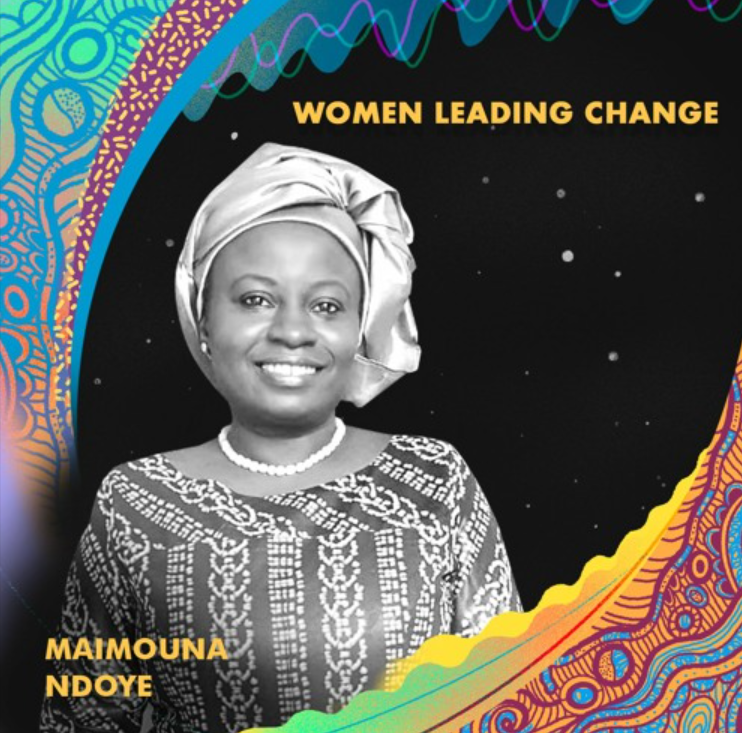Gender data gaps have far-reaching consequences. They render gender equalities invisible, lead to polices that perpetuate gender stereotypes, and limit opportunities for women. In this episode, Dr Maïmouna Ndoye, calls for an intersectional, gender-inclusive approach to data collection and analysis that provides a more accurate understanding of societal dynamics and contributes to policies that promote equality and inclusivity. She also explains the value of bringing qualitative data more deeply into gender research and analysis. Maïmouna is Coordinator of the Young Feminists Project in West Africa, Equipop. Our host is Mame Diarra Diop, a radio journalist and producer in Mali.
To learn more about our work, please visit: www.oecd.org/swac
